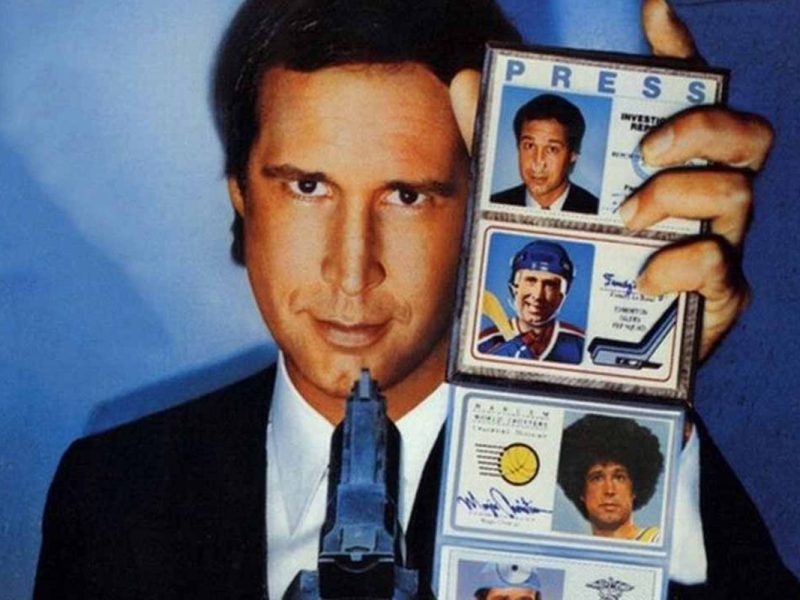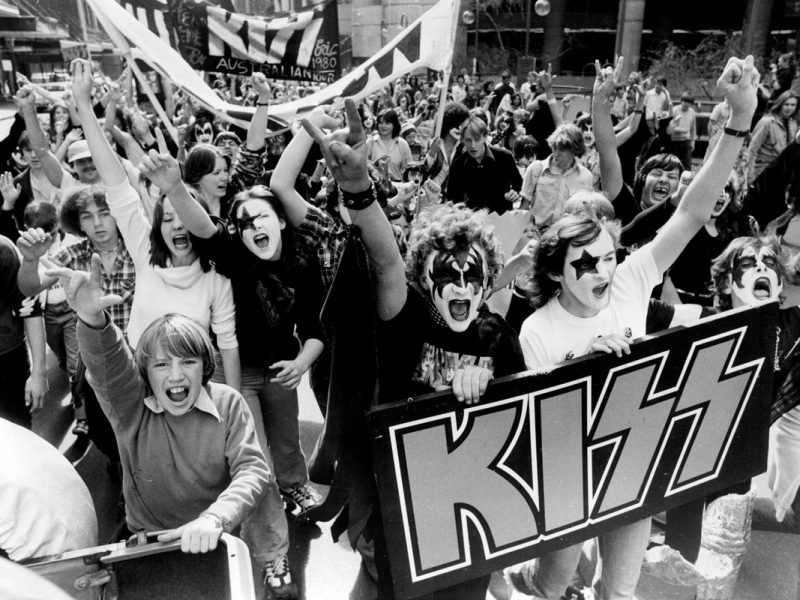A peroxide-spiked British singer dubbed Billy Idol broke punk rock to the mainstream with Rebel Yell years before Nirvana or Green Day were hailed for accomplishing the same feat.
Of course, die-hard punks can (and usually will) question Idol’s qualifications on multiple levels – musical, cosmetic and philosophical. But to countless mainstream music buyers, not hip or nerdy enough to know their Ramones from their Sex Pistols, Billy Idol’s trademark sneer, defiant talk and convincingly British accent were punk rock enough.
Born William Broad, Idol had actually participated in England’s original punk revolution, first as a member of the so-called Bromely Contingent of Sex Pistols fans, before quick passages through a formative Siouxsie and the Banshees, Chelsea and, more permanently, the pioneering Generation X. By decade’s end, however, Idol had made his way to New York City, secured the backing of Kiss manager Bill Aucoin, and launched a solo career with the help of MTV and striking music videos for hits like “White Wedding” and “Dancing with Myself.”
Having paid his dues, Idol was ready for the big time. This sophomore album, released on Nov. 10, 1983, would serve as his vehicle to global stardom. The pseudo-metallic title track stormed out of the gate at full-throttle, evenly sweetened and soured by lush synths and Steve Stevens’ violent guitar heroics, respectively. Rebel Yell then duplicated that energy with pop-punk nuggets like “Blue Highway,” “Crank Call” and “Do Not Stand in the Shadows.”
Elsewhere, however, Idol revealed a willingness to experiment with different musical styles and the latest advances in recording technology with the new-wave sound pastiche of “Daytime Drama,” the unsettling noir-minimalism of “The Dead Next Door” and the quite uniquely sensual robo-funk of “Flesh for Fantasy.”
Rounding things out, the saxophone-powered “Catch My Fall” had hit single written all over it, and Idol achieved precisely that with the distinctly unconventional, rather artsy ballad, “Eyes Without a Face” – a No. 4 smash hit driven home by a highly stylized music video that became another MTV staple.
Virtually everything about Idol’s ambitious vision worked to perfection on Rebel Yell. He understandably had trouble matching its greatness later on, but this album left no doubt that Billy Idol was a creative force to be reckoned with.



